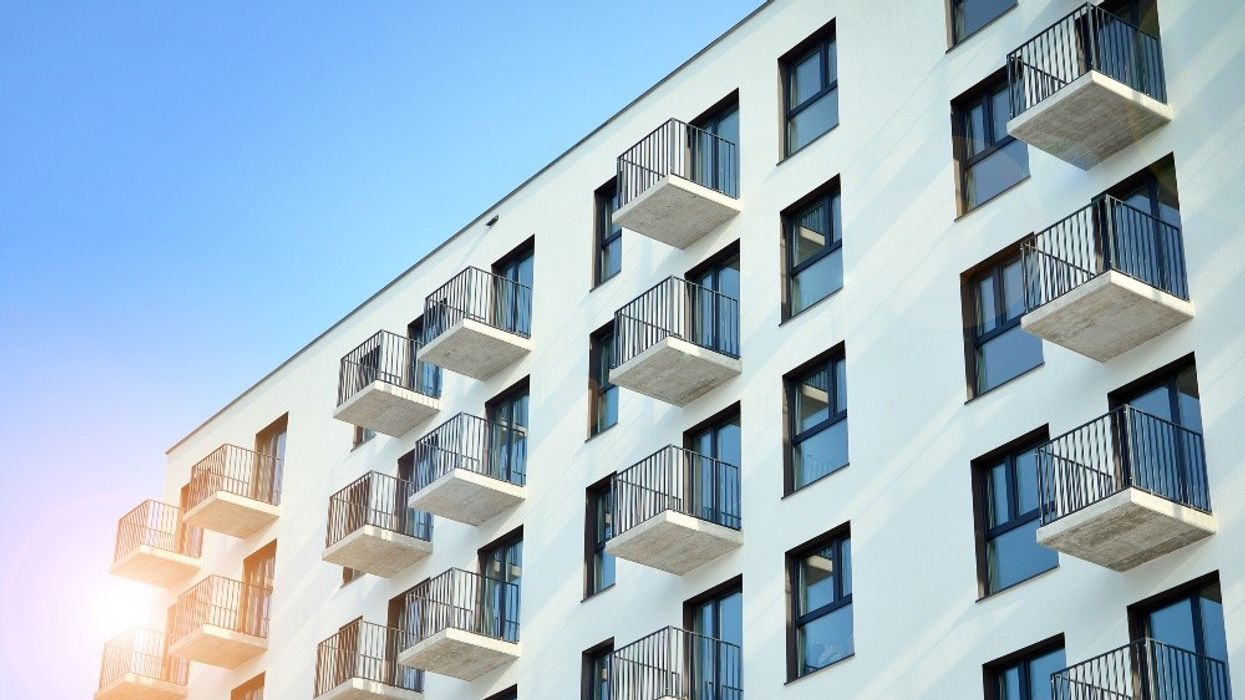Prime Minister Justin Trudeau, along with Minister of Finance Chrystia Freeland and Minister of Housing Sean Fraser, announced that the Government of Canada would finally be removing the GST on new rental construction yesterday.
The trio did so in London, Ontario at 4:00 pm eastern time to conclude the National Caucus Retreat.
The Government of Canada did not publish the full details about the change until 6:08 pm, however, in a backgrounder that included the fine print, addressing some of the questions that some in the industry felt needed to be answered.
This new change — that the federal government is calling the "enhanced GST rental rebate" — will not be permanent.
"The enhanced GST Rental Rebate will apply to projects that begin construction on or after September 14, 2023, and on or before December 31, 2030, and complete construction by December 31, 2035," said the Ministry of Finance.
This means that the removal of the GST will not be retroactive and apply to projects that completed construction recently, and projects that begin construction between September 14, 2023 and December 31, 2030 have to also complete construction before December 31, 2035.
The Government of Canada is calling the change the "enhanced GST rental rebate" because it is eliminating the GST through an 100% rebate. Prior to the change, the Government provided a 36% rebate on the GST on rental units with a fair market value between $350,000 and $450,000. This new change is increasing the rebate to 100% and removing the value threshold.
Previously, under what were called "self-supply" rules, developers of rental buildings were required to pay the 5% GST on the fair market value of the project upon completion. However, developers of strata condominiums did not, because the GST is paid by the individual homebuyers. Many also found that they could not take advantange of the existing rebate because the threshold was too difficult to meet.
To be eligible for the new 100% rebate, rental buildings would also have to meet certain criteria, having at least:
- Four private apartment units (i.e., a unit with a private kitchen, bathroom, and living areas), or at least 10 private rooms or suites (e.g., a 10-unit residence for students, seniors, or people with disabilities); and,
- 90% of residential units designated for long-term rental.
To stave off renovictions, the Government of Canada says, the enhanced GST rental rebate will also not apply to substantial renovations of existing residential complexes.
The enhanced rebate will, however, apply to conversions of non-residential space into residential units, such as office conversions — a change that could boost office conversions, which oftentimes faces increased issues of financial viability. Public service bodies will also be eligible for the rebate.
- “It Will Move The Needle”: The Industry Reacts To Feds Removal Of GST On New Rentals ›
- What Eliminating GST For Rental Projects Could Do For The Housing Crisis ›
- Housing Industry Experts Draft Blueprint To Build 2M Purpose-Built Rentals By 2030 ›
- Removing GST On Rentals ‘No Silver Bullet’ For Affordability ›
- Dream Plans 5K New Purpose-Built Rentals As Feds Drop GST ›


















